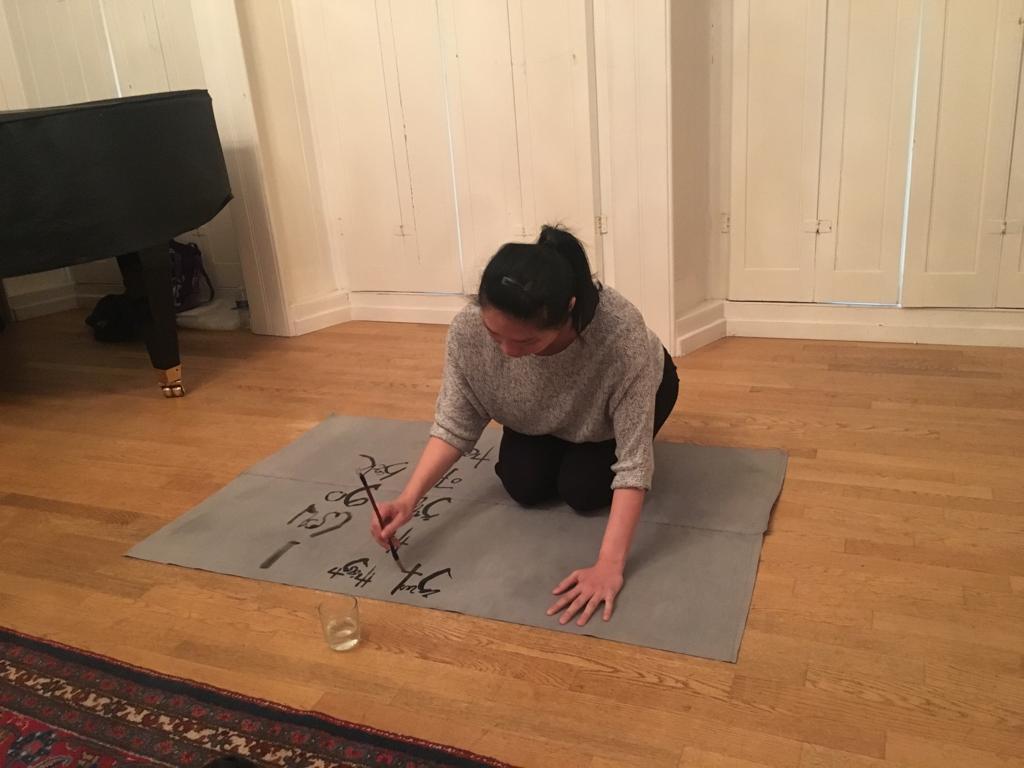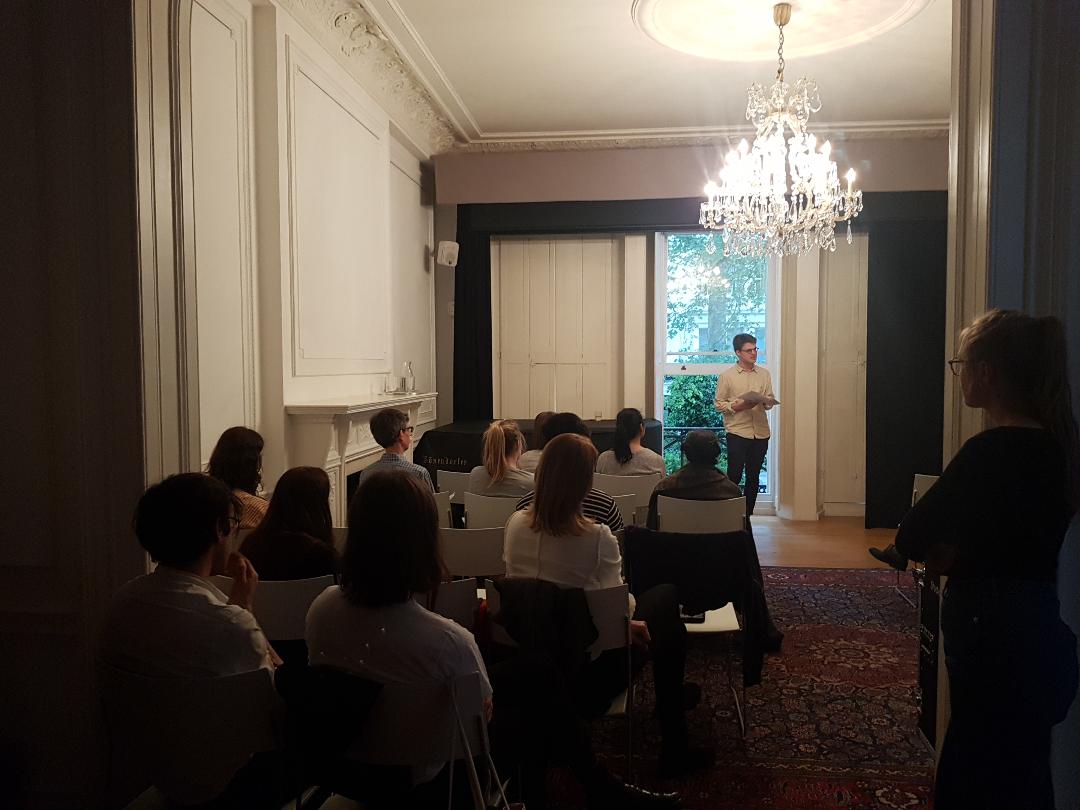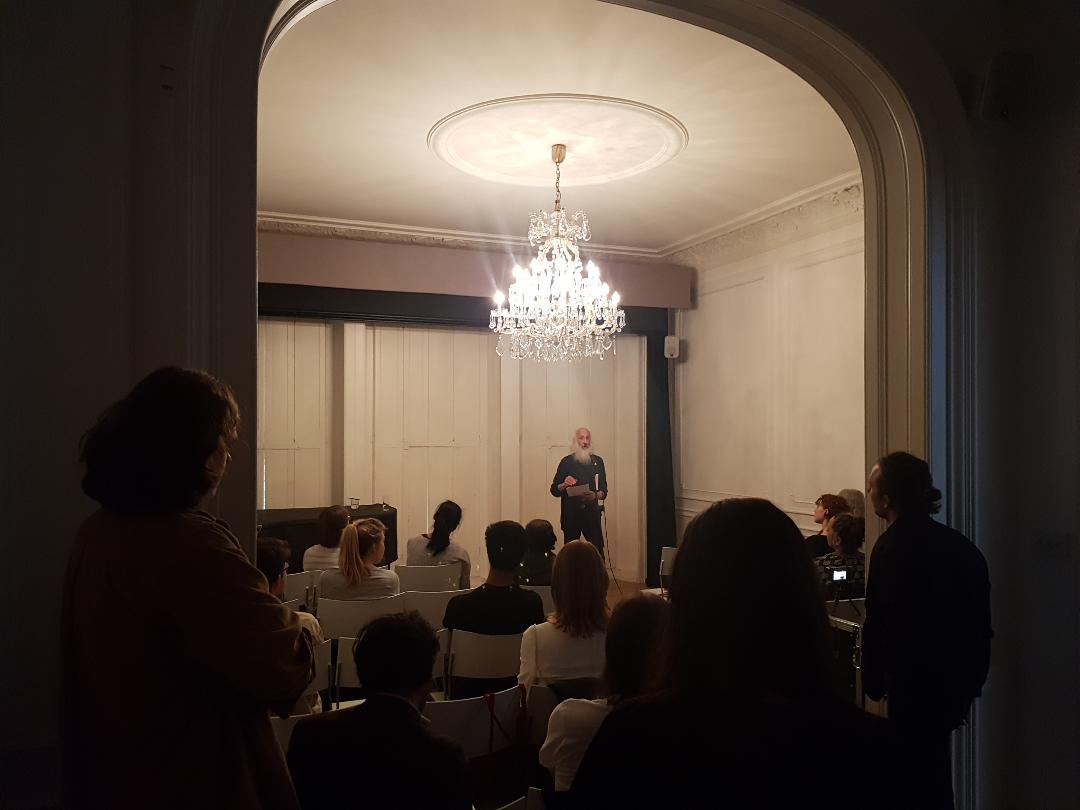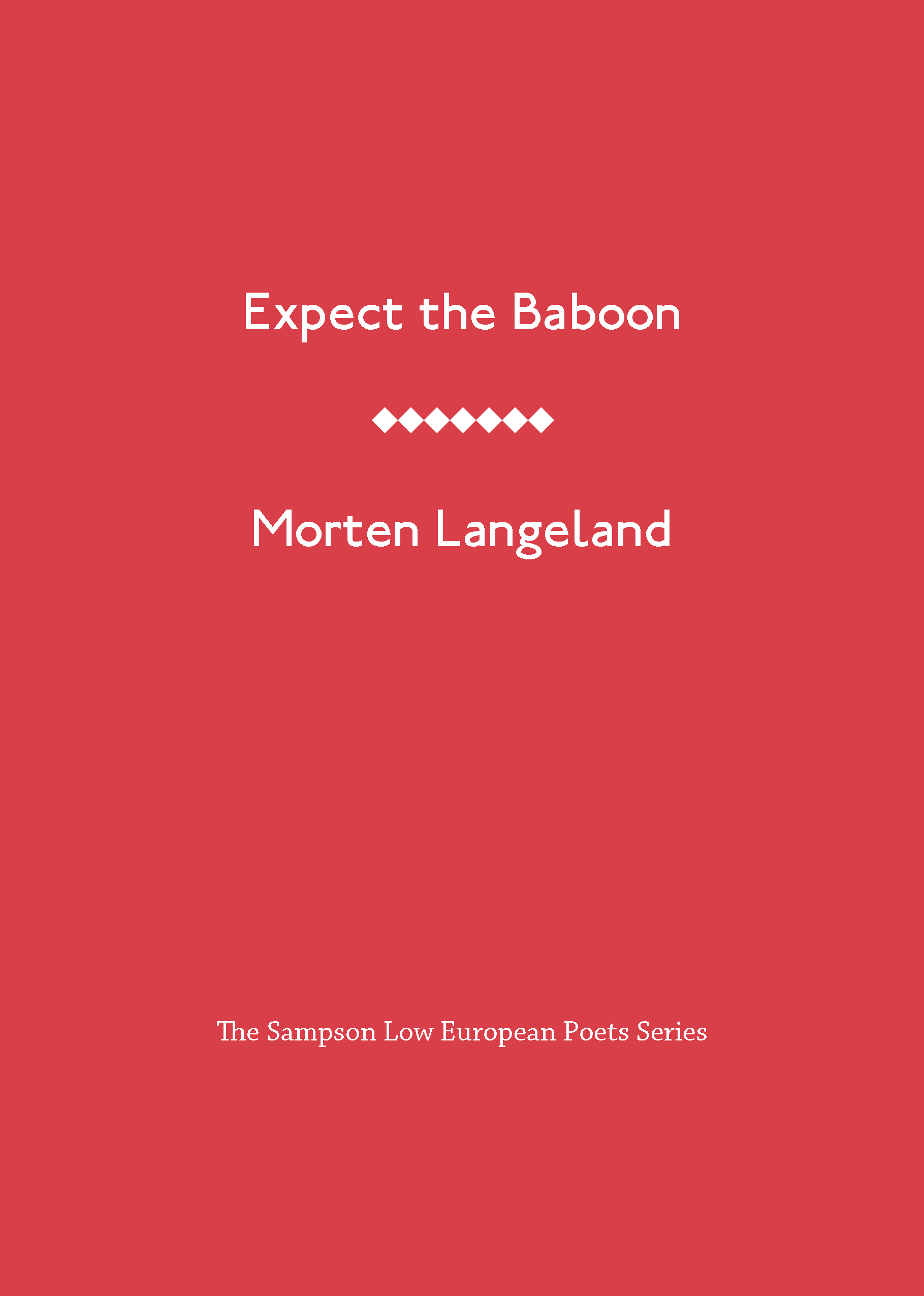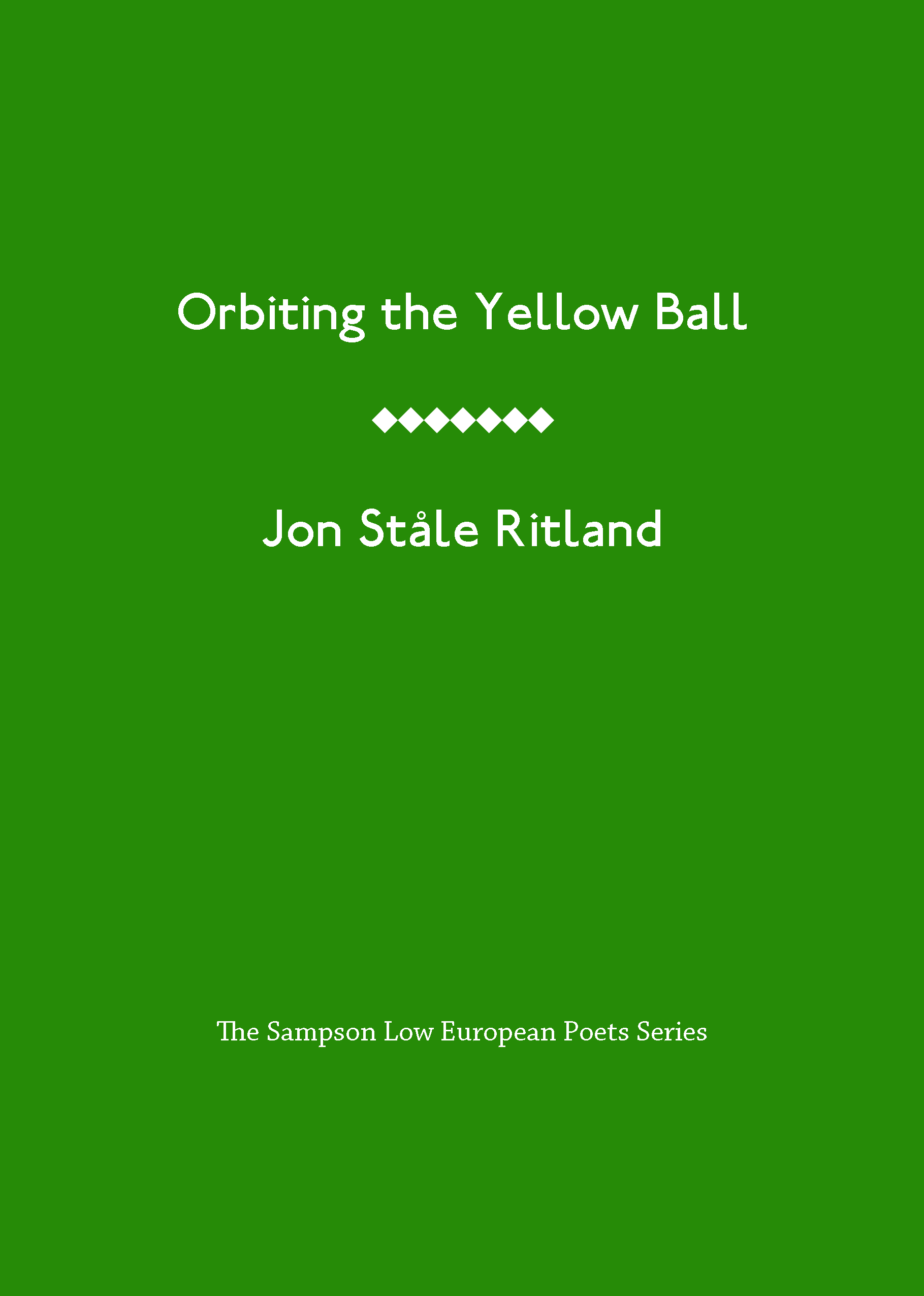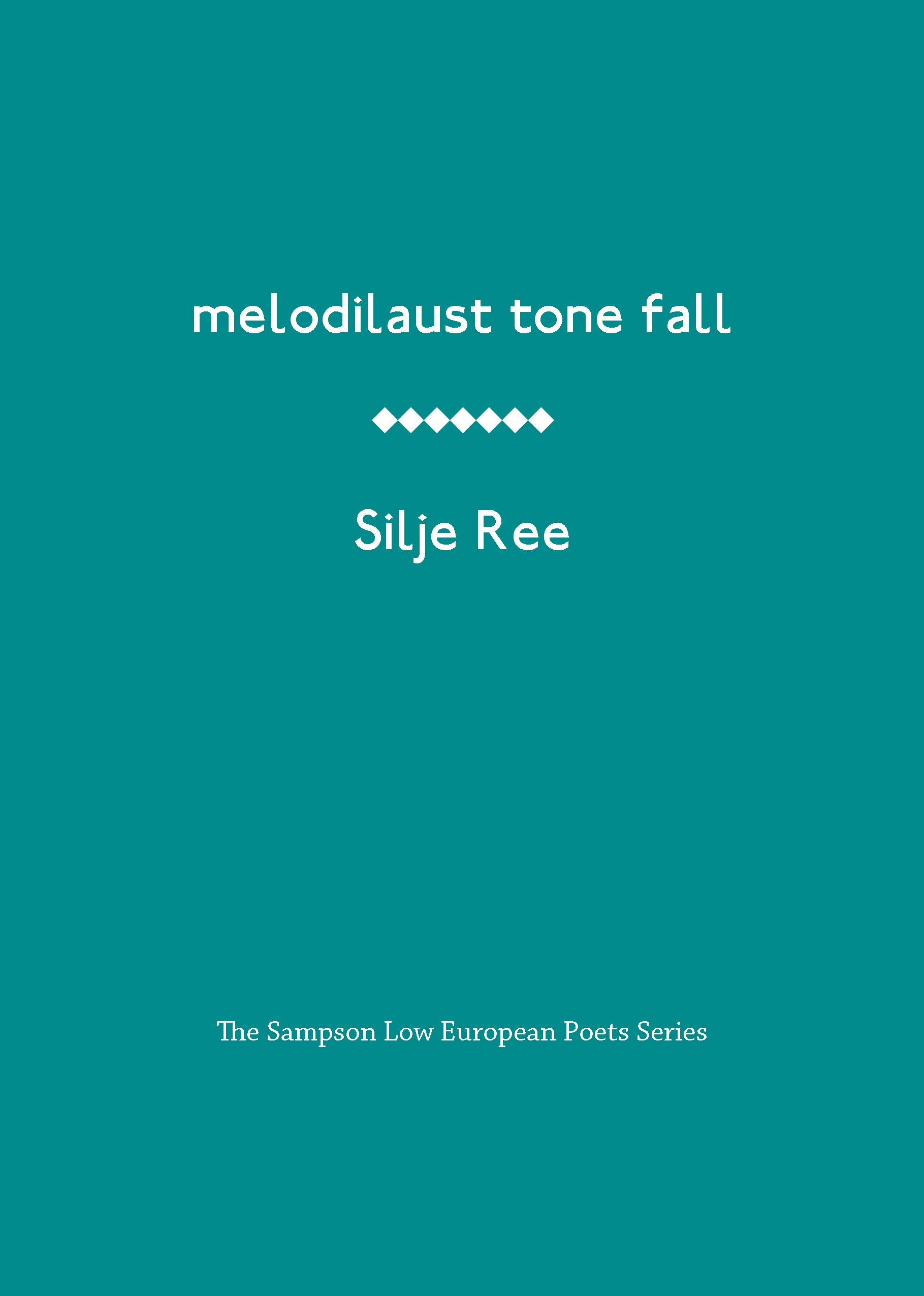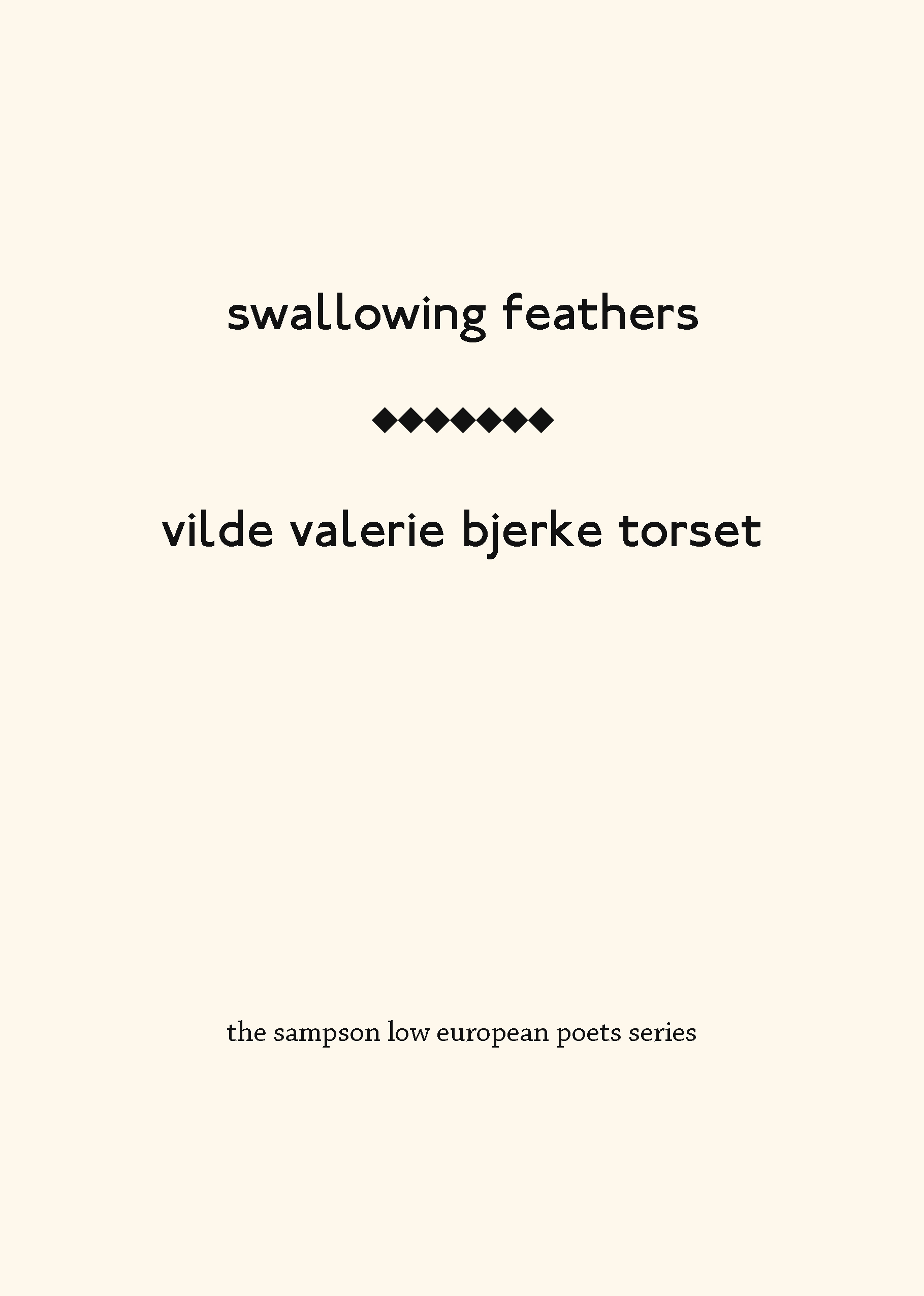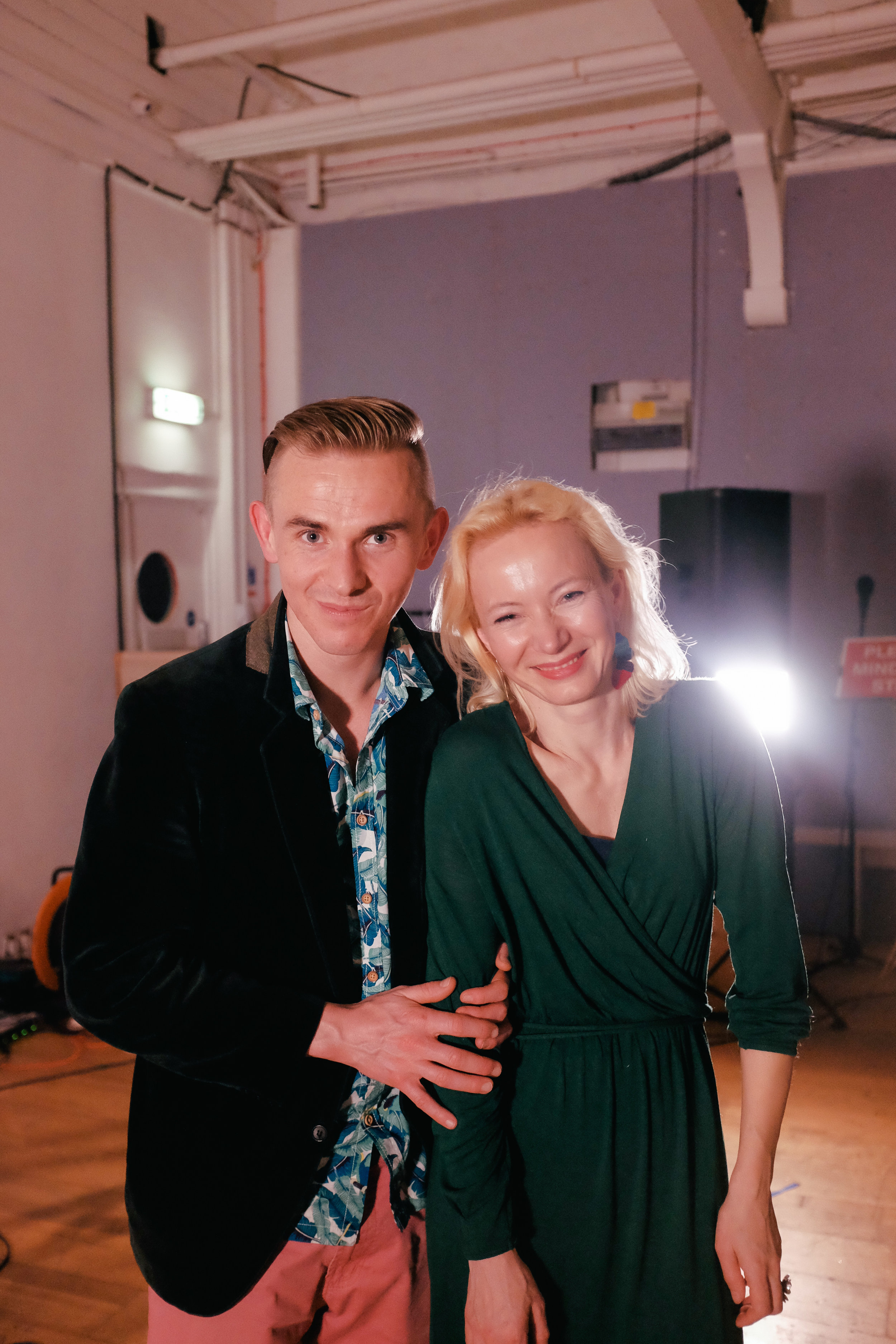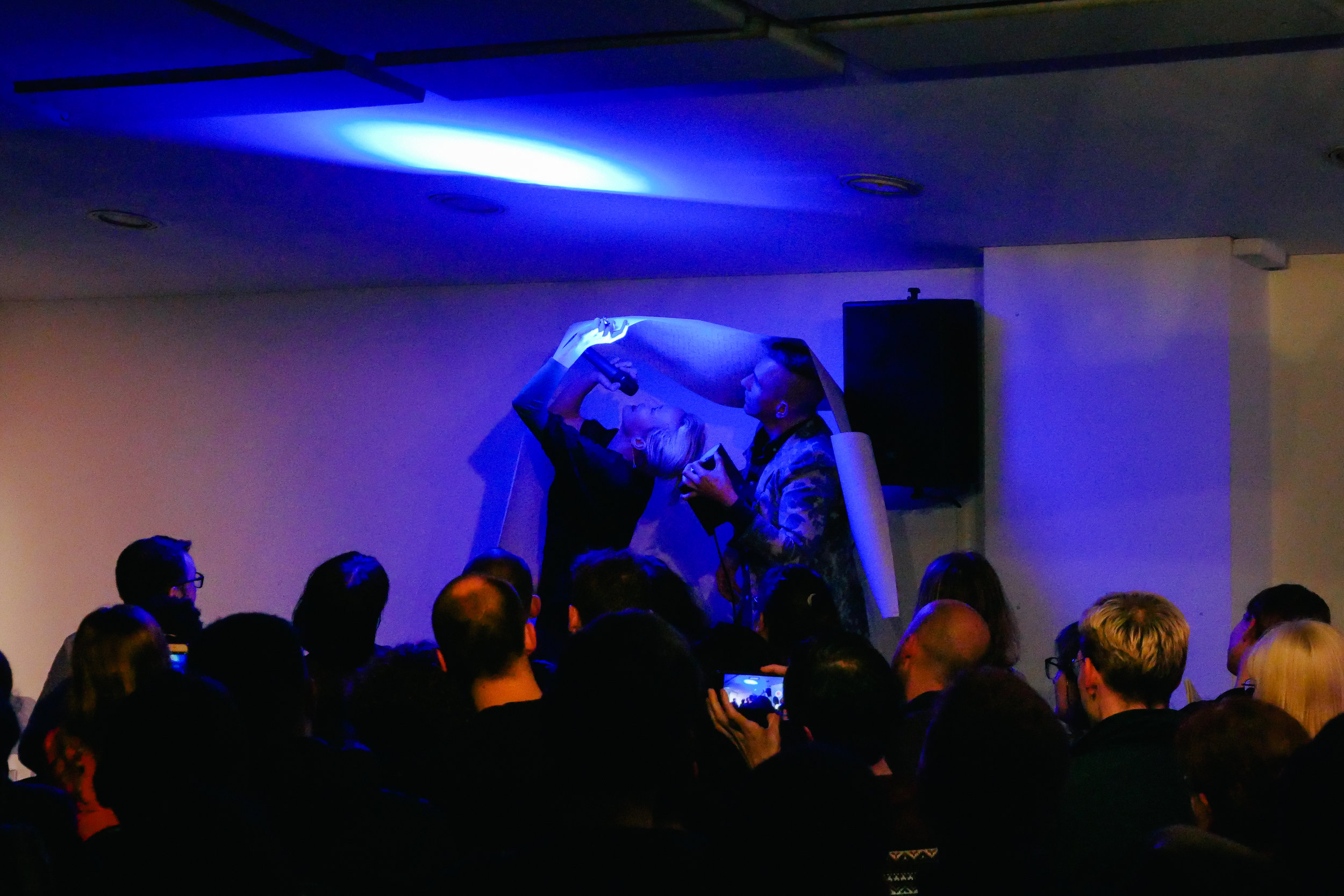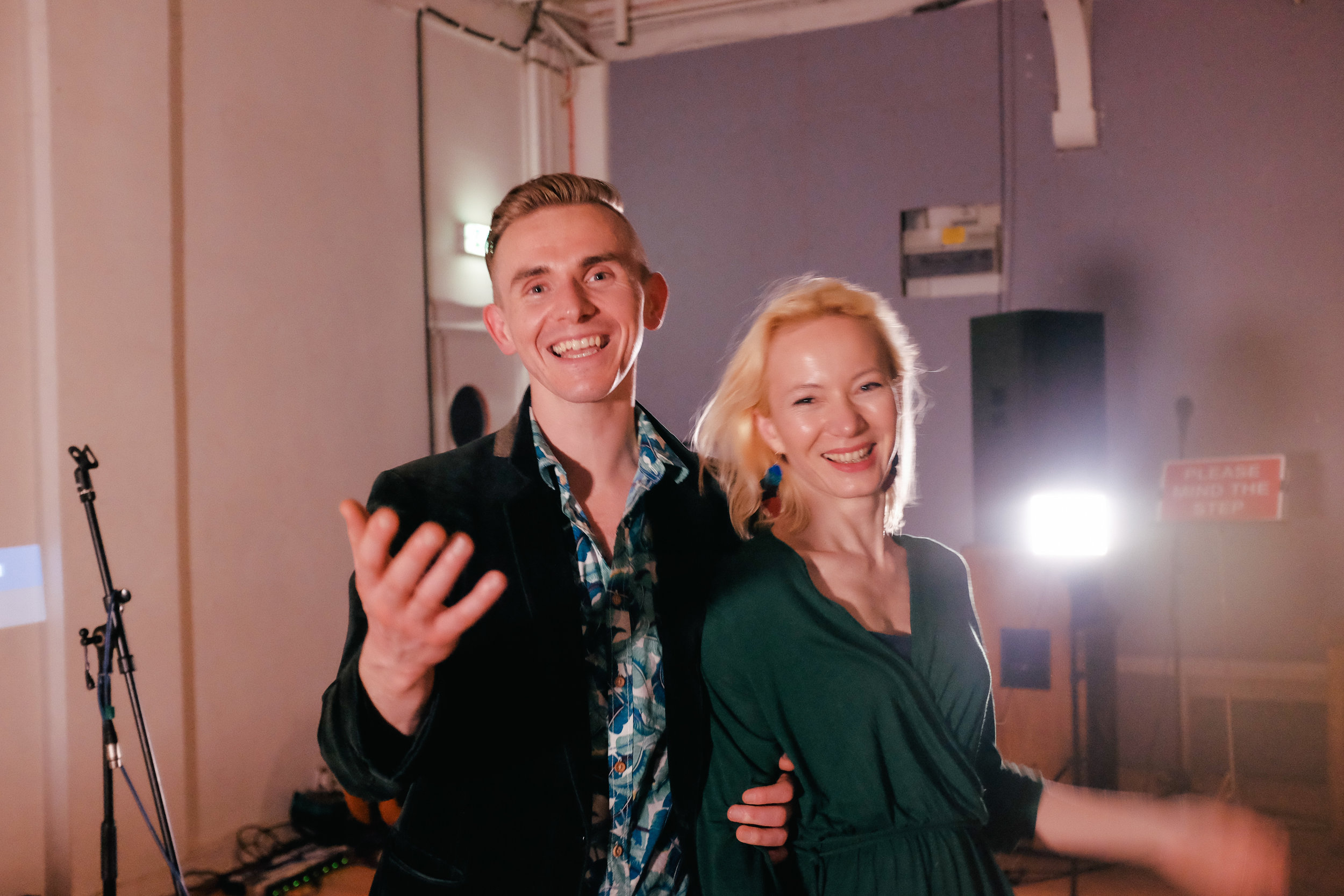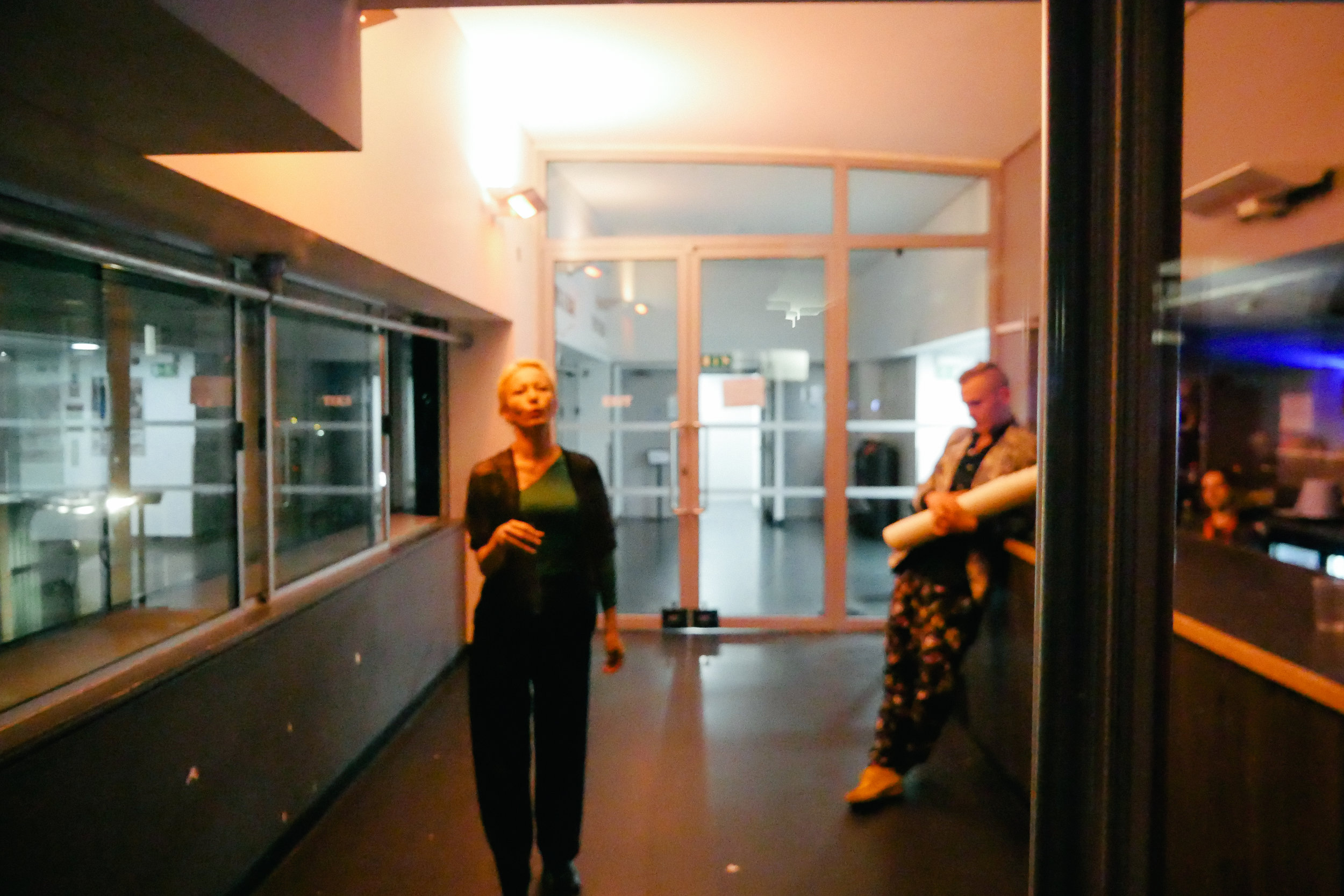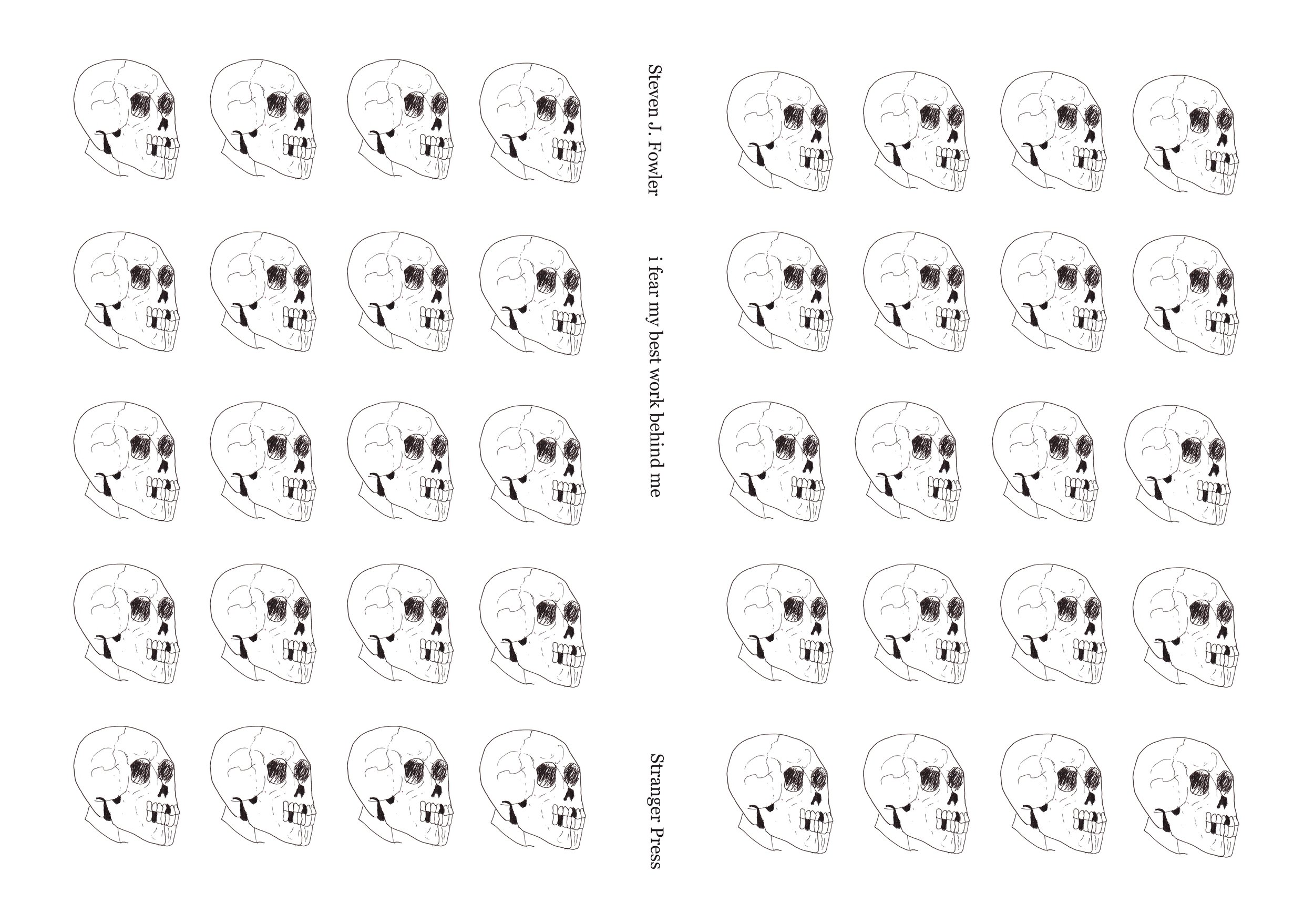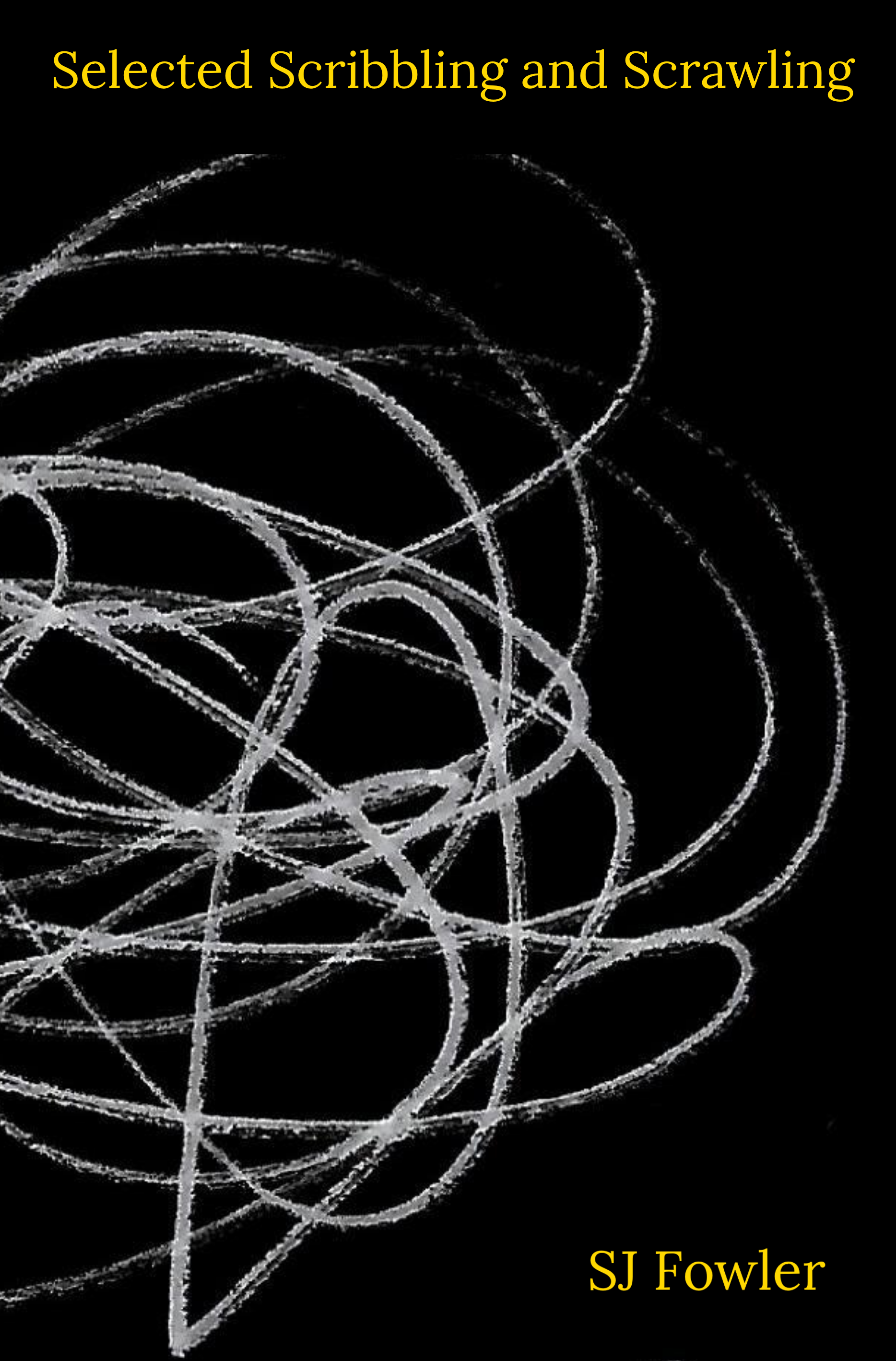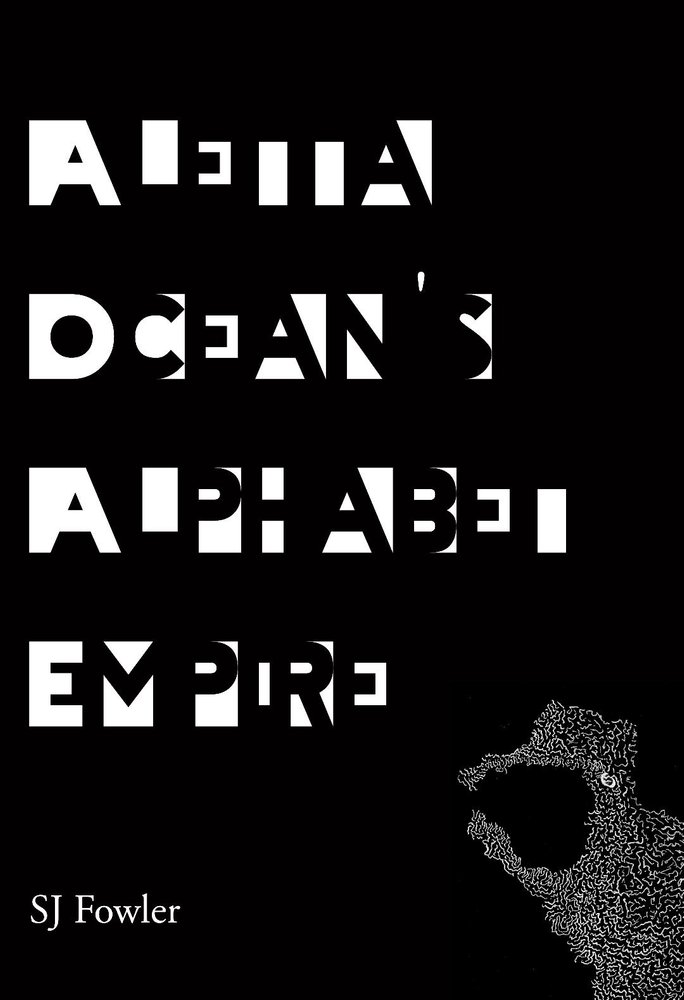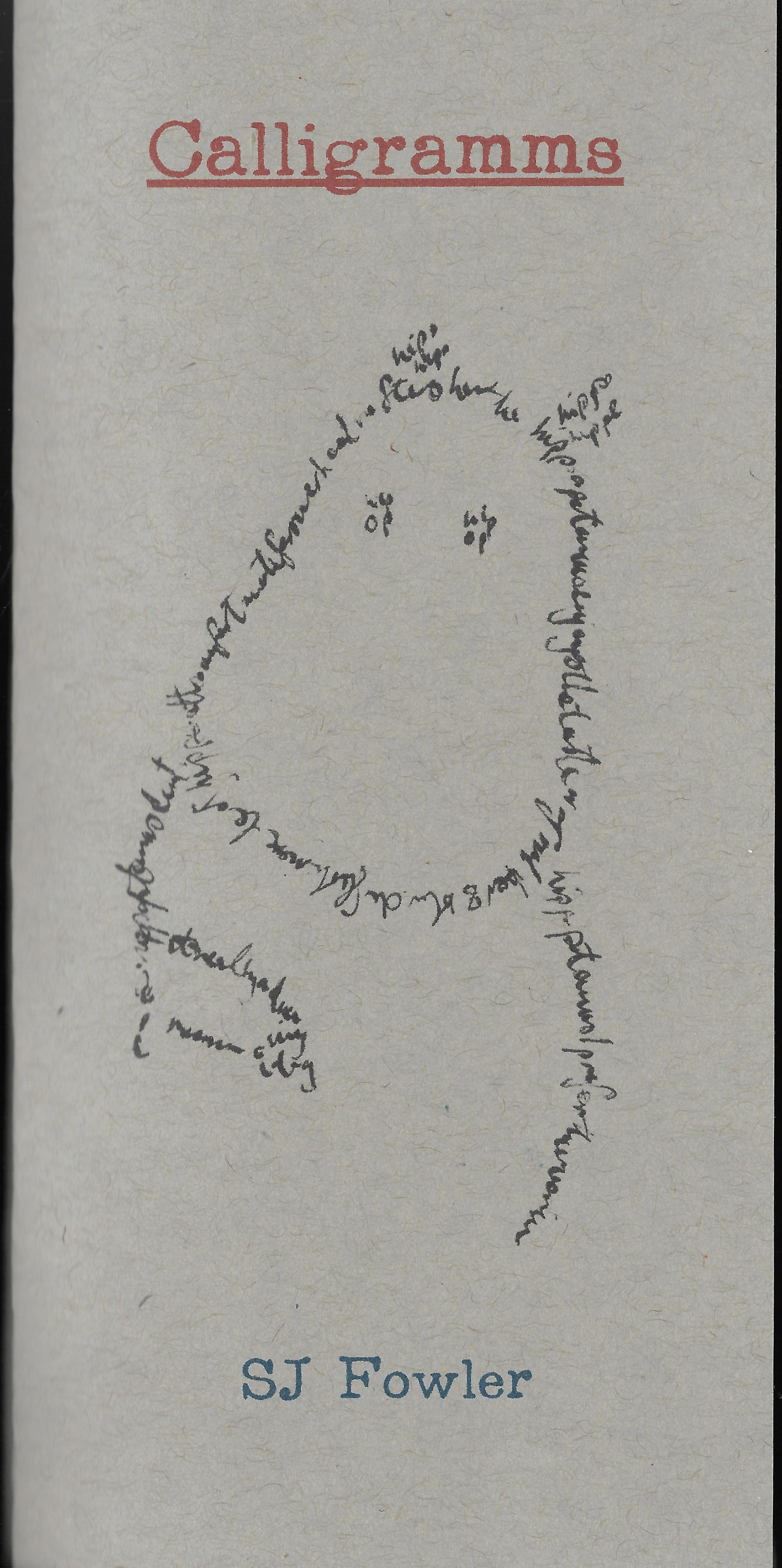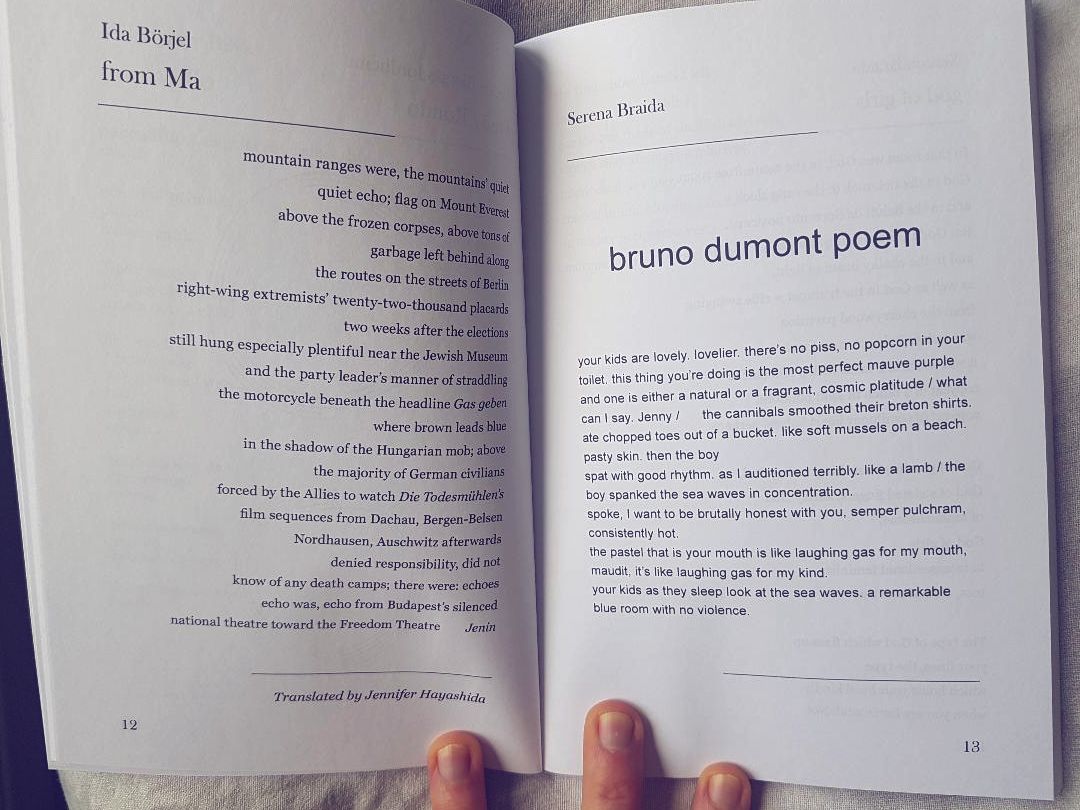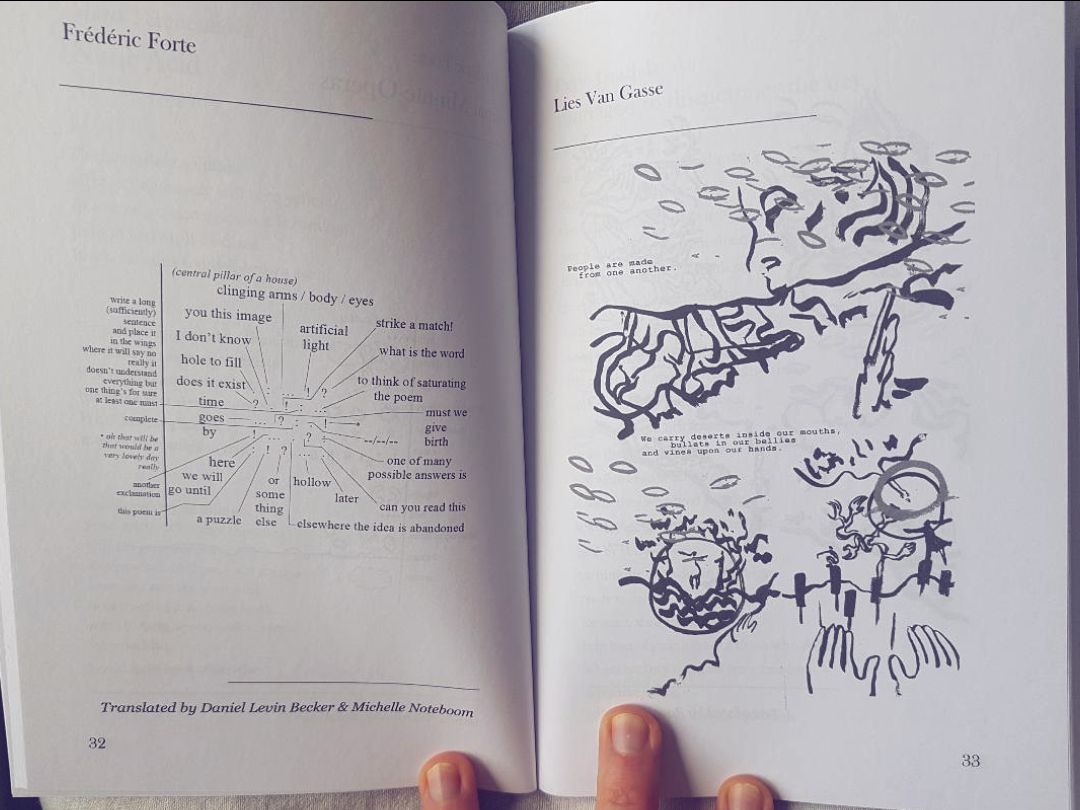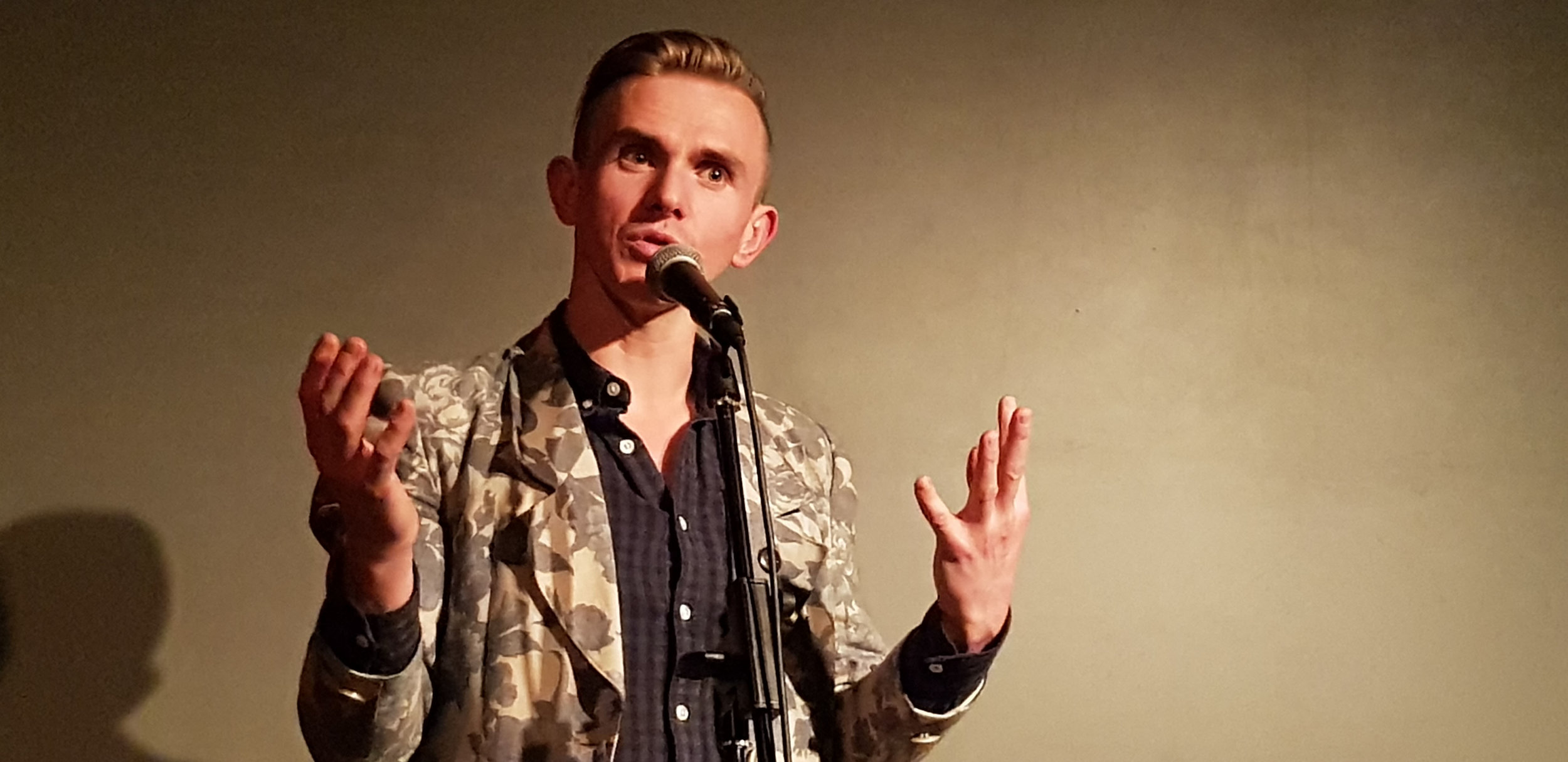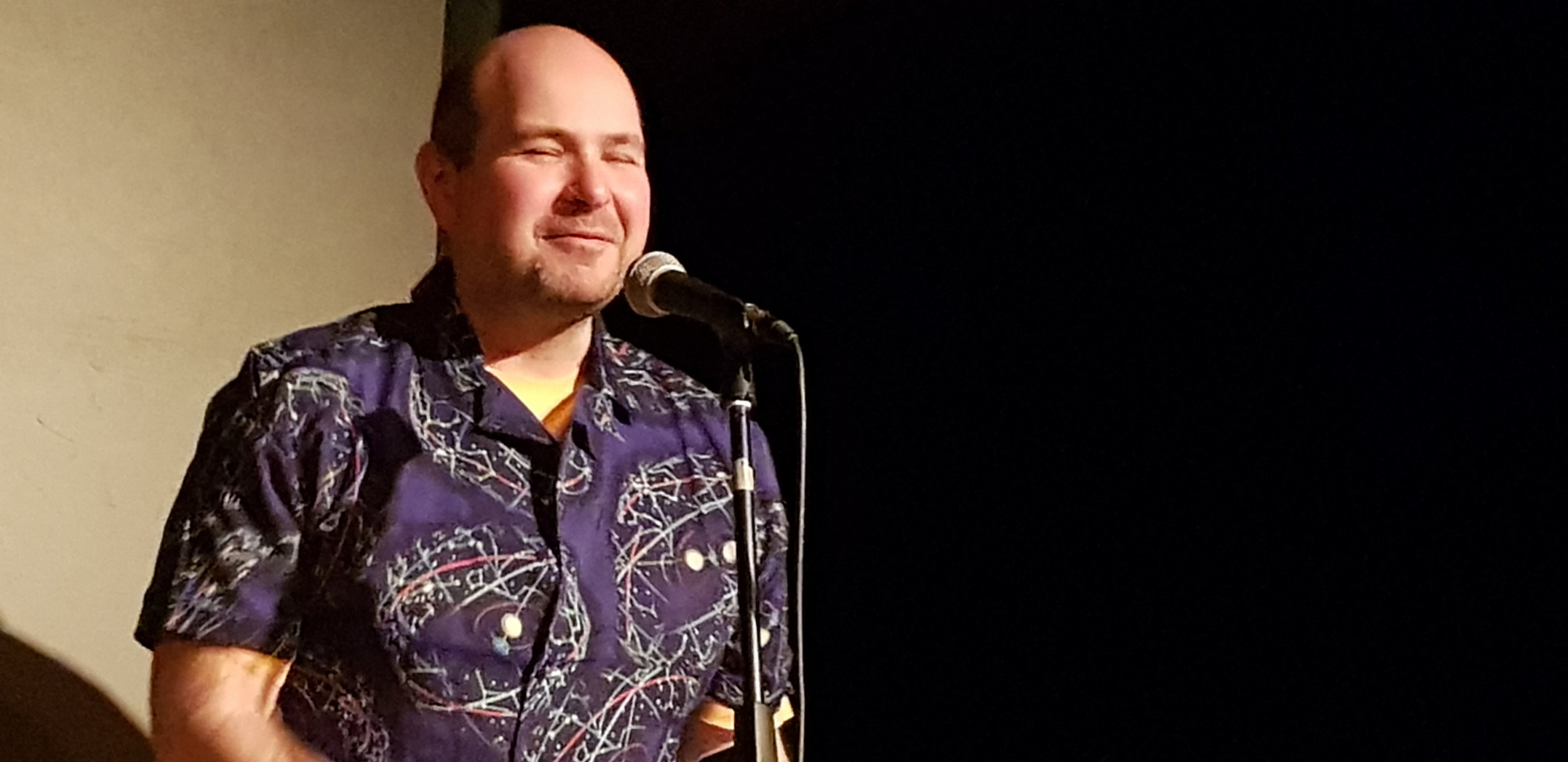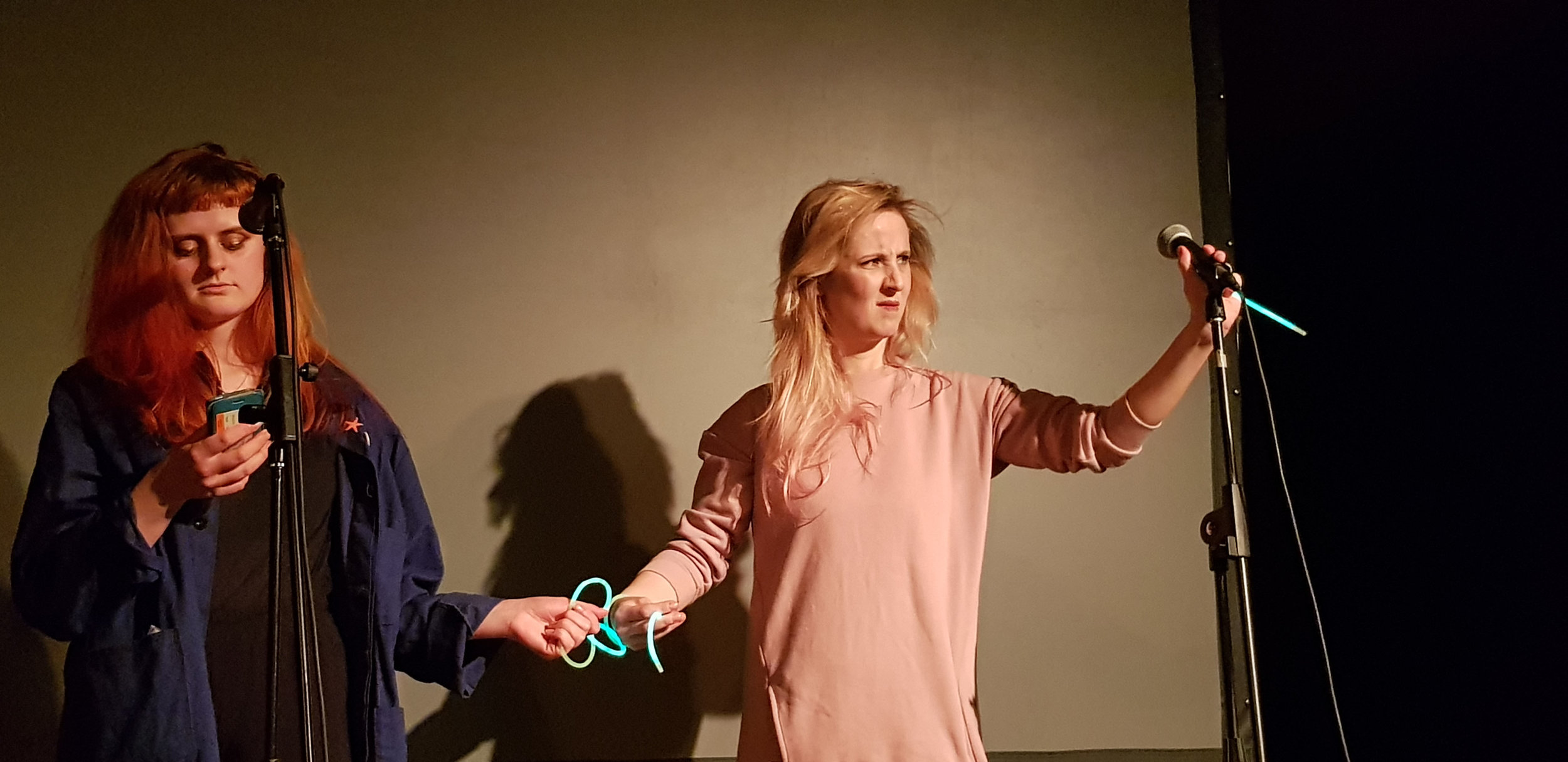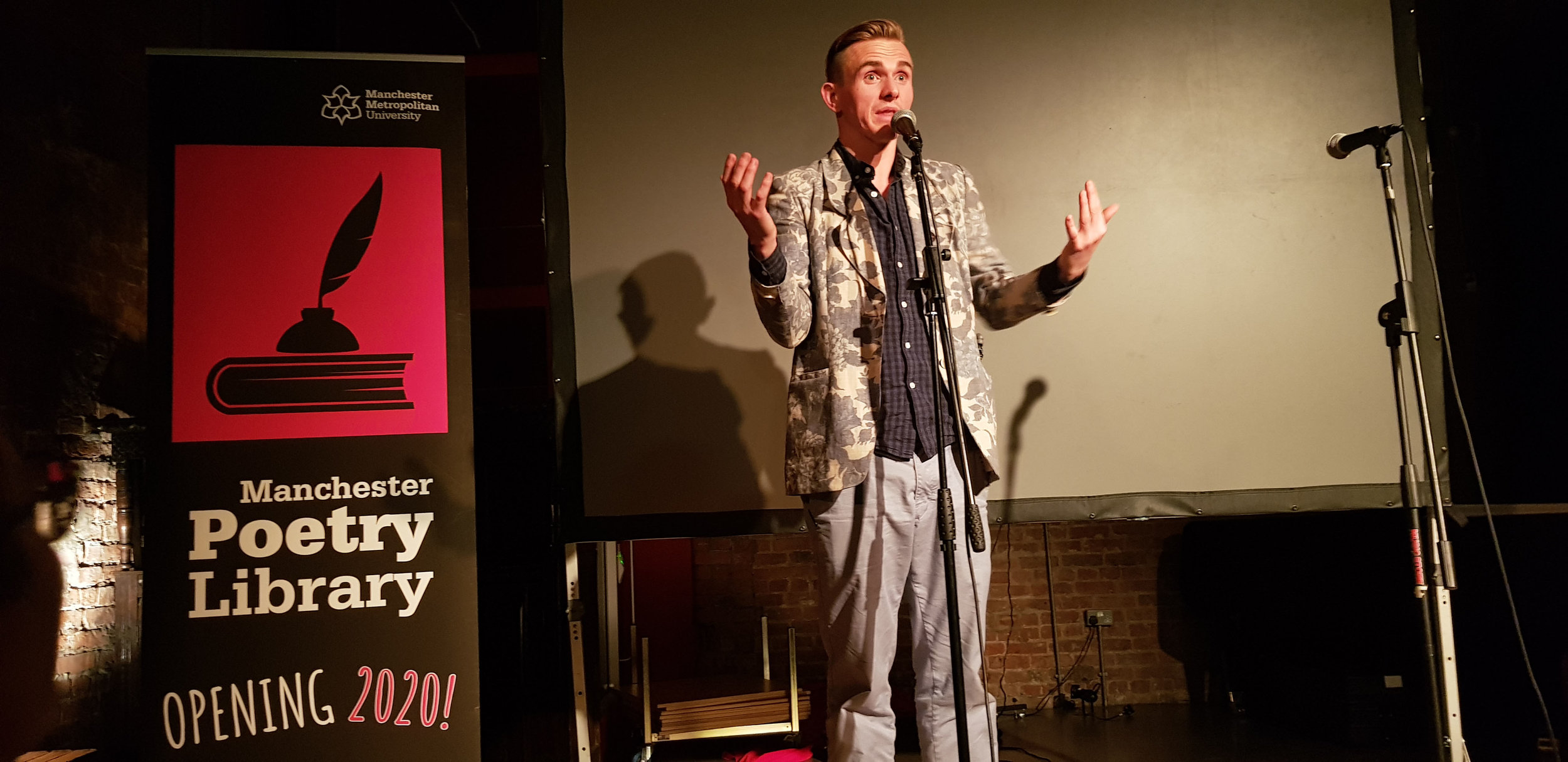Way more personal than I normally like to do but it’s a topic that I felt compelled to be blunt about, and the editor pushed me. https://www.versopolis.com/times/essay/771/the-hope-slayer-alcohol
“What I was not prepared for, and remains profoundly and bizarrely understated in English discourse, was the level of violence perpetrated, and accepted, in every pub and club I worked within. I had had no experience of the kind of aggressive drinking that felt emotional, psychological, confrontational. People in their hundreds and thousands drinking as much as they could as fast as was possible. People screaming, at the top of their lungs, for no reason, weeping, pissing their pants, fighting over nothing.
I once saw a man try to gouge a stranger’s eyes into his head. I saw another kick a stranger’s head like a football. I saw a woman wrap her handbag around the neck of a stranger and try to strangle them to death. I was punched, kicked, tackled, bitten and even, though not seriously, stabbed, by humans who couldn’t stand up straight. And within this adrenalin-soaked arena, I remained, unlike my colleagues, completely dry. Not on shift, or off shift, would I touch alcohol. And so, so my peers told me, remained without the tiny speck of empathy which often held their hands. I have calculated, in writing this, that I did a minimum of 200 shifts, probably far more, and while some at student unions and small pubs were quiet, most, in gaudy nightclubs and city centre pubs involved multiple physical confrontations a night. Conservatively I have tangled with over 500 drunk humans. Some easy wrestling. Some life-threatening fights.
I watched them enter, sober, watched them order luminescent chemical candy drinks by the doze. I watched them drain these liquids like water and begin to slowly hunch, slur, drool and scowl until, inevitably, they attached themselves to a fellow inebriate, and my job, under the abuse of other customers, was to interrupt these conflicts and eject the parties. Their apparent faultlessness, their stinking of alcohol, their altered speech, their desperate attempts to harm me remain in my memory, and have altered my opinions of humanity, and ethics, permanently. What stays with me too is what I did to them, as sober as anyone has ever been, unfairly advantaged against them, vindictive, frightened, excited and swaying in the palm of liquor.” cont;d…



